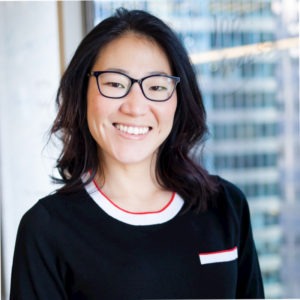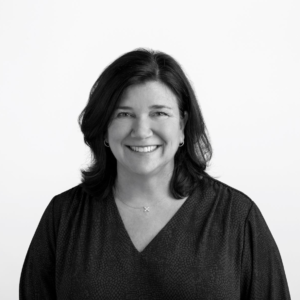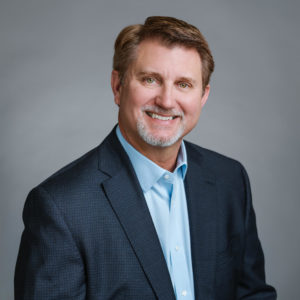Working on dreaming
I’m embarrassed to admit that after an hour of taking dutiful notes, I failed to internalize Chris Gardner’s message at first.
As the opening keynote speaker at Argentum’s annual Senior Living Executive Conference in Denver, Gardner shared his life story about being a homeless single father in New York, and later becoming the head of his own successful brokerage firm. Part of his memoir had been adapted into the award-winning film, “The Pursuit of Happyness.”
He spoke about his journey and the universal truths he discovered along the way. He motivated the nearly 2,600 attendees to laugh, cry and act. Well, at least this attendee. Which is why what happened after made me so upset.
Gardner and Argentum arranged for a “meet and greet” following his presentation. The first 150 attendees in line would be given a free copy of his book and the chance to have it autographed. By the time I realized what and where this was happening, I assumed I would be too late.
I assumed I’d missed my chance.
It was my job to report on the conference. I didn’t want to let the readers down, so I brushed off my personal disappointment and got back to work.
Later in the day, I saw a woman in line for coffee with Gardner’s book. I lamented that I had missed him. She told me that Gardner didn’t cut off the line. He stayed beyond the allotted time to take pictures and have individual conversations with each person in line.
I felt that familiar lump in the back of my throat and that welling in my eyes. Did I really just tell myself no, again?
How many times do we deny ourselves the possibility to try and the opportunity for succeed? How many times do we deny others? How can we stop pulling ourselves down and start pushing each other up?
I consumed a decent amount of TED talks, studies and books. I’ve written about motivation for Long-Term Living. And yet, I still deny myself the opportunity to dream of potential happiness.
Gardner did, too. He told the story of how he saw a talented young man playing basketball. He said aloud, to no one in particular, “That man is so good he’s going to make a million dollars.” The player’s mother overheard him. She told Gardner he could, too.
“Until my mother said that, that thought never crossed my mind,” he says.
It was a radical, revolutionary idea. And it came from a most unlikely source. Gardner’s mother, Betty Jean Triplett, was the descendent of a sharecropper. She was raised in Atlanta with little formal education.
“How did my mother know to say these things?” Gardner asks. “There was nothing in her past to indicate to me that ‘Son, you can make a million dollars.’”
Triplett told Gardner he could do or be anything he wanted. He became a millionaire. We won’t all become millionaires, but we should let ourselves know we can be anything we want.
After all, what’s the worst that could happen. Gardner says his determined seven-and-a-half year-old granddaughter called him one day. She told him she wanted to sit behind the wooden desk in the Oval Office. She wanted him to make it happen—and didn’t see why it wouldn’t. He told us he didn’t think it work, but he made the call anyway.
Gardner advanced his slide deck.
There was a picture of his granddaughter sitting behind the Oval Office desk. Click. And another picture of Gardner’s granddaughter with President Barack Obama. If a seven-and-a-half refuses to accept anything less than what she wants, then why should we. Who are we to deny ourselves our own happiness, or at least stop ourselves from the pursuit?
As actor Will Smith tells his son in the film based on Gardner’s life, “If you want something, go get it. Period.”

Nicole was Senior Editor at I Advance Senior Care and Long Term Living Magazine 2015-2017. She has a Journalism degree from Kent State University and is finalizing a master’s degree in Information Architecture and Management. She has extensive studies in the digital user experience and in branding online media. She has worked as an editor and writer for various B2B publications, including Business Finance.
Related Articles
Topics: Articles , Resident Care











